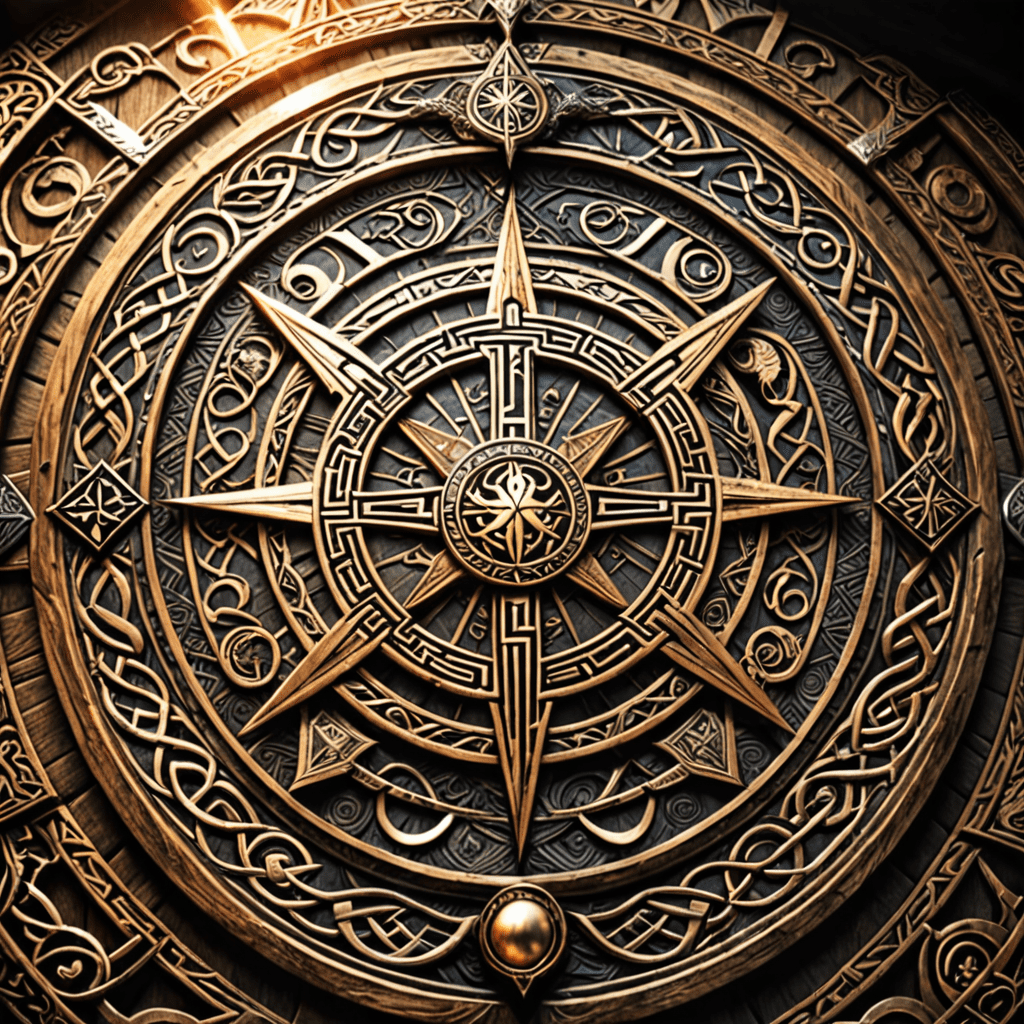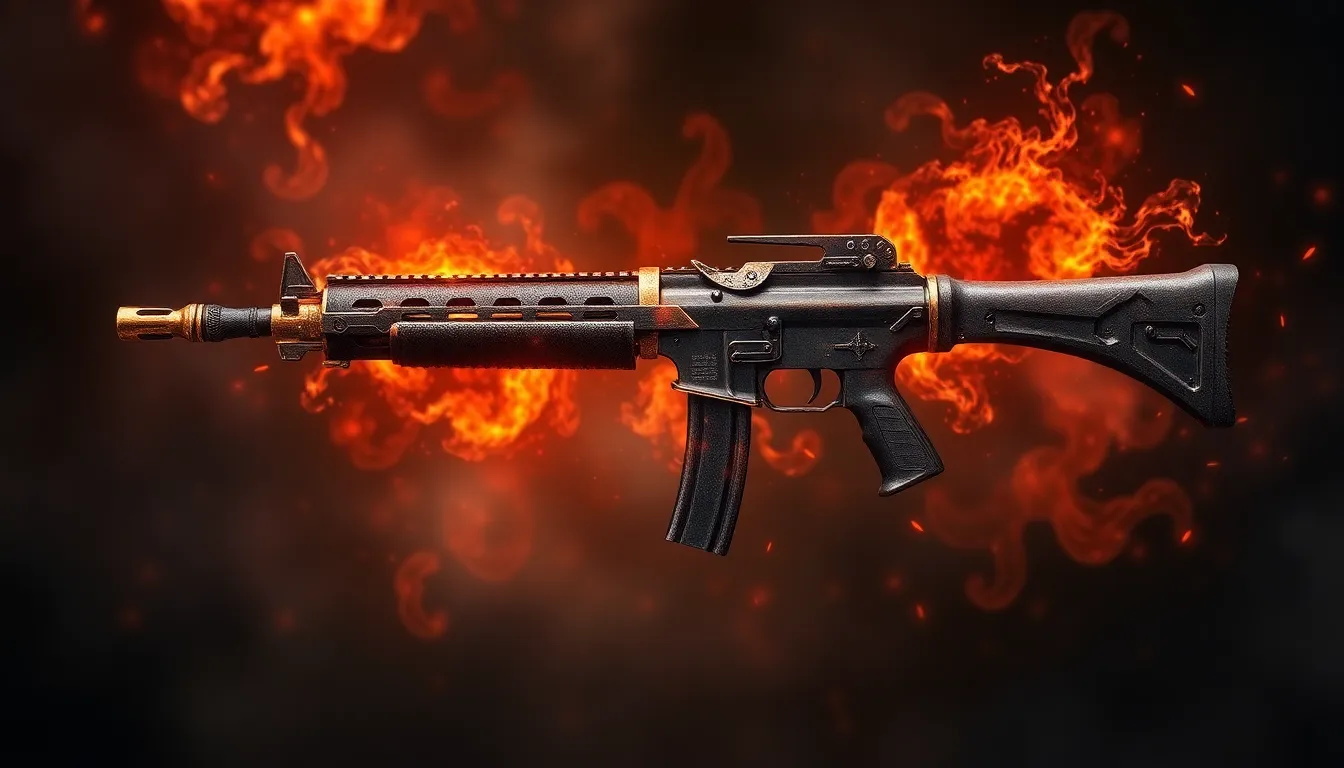Epic Encounters: Legendary Battles of Myth and Legend
Introduction: The Allure of Legendary Battles
Throughout history, humanity has been captivated by stories of epic encounters—grand battles that define heroes, shape destinies, and alter the course of civilizations. These legendary battles are not merely tales of conflict but serve as profound cultural narratives that explore the complexities of heroism, morality, and the human experience. In this article, we will delve into the significance of these encounters, examining their roots in mythology and their enduring impact on cultures around the globe.
We will explore various mythologies, including Greek, Norse, Indian, Celtic, and Asian legends, revealing how these epic battles resonate through time and continue to inspire modern storytelling.
The Role of Mythology in Epic Battles
Mythology plays a critical role in framing our understanding of epic battles. These stories often embody the struggles between good and evil, chaos and order, and personal sacrifice in the face of insurmountable odds. They serve not only as entertainment but as moral lessons and reflections on the human condition.
Legendary battles across different cultures reveal the following:
- Heroism: Myths provide archetypes of heroes who face great challenges, embodying virtues such as bravery and honor.
- Cultural Significance: Each culture’s epic battles reflect its values, fears, and aspirations, shaping collective identity.
- Storytelling Devices: Myths often use battles to convey larger truths about life, morality, and the nature of existence.
Greek Mythology: The Trojan War and Its Heroes
The Trojan War, one of the most famous conflicts in Greek mythology, features key figures such as Achilles, Hector, and Odysseus. This war, sparked by the abduction of Helen, is emblematic of themes like honor, betrayal, and the inexorable nature of fate.
Central to the Trojan War are the following themes:
- Honor: Warriors fought not just for victory but for glory and respect.
- Betrayal: The conflict is riddled with instances of betrayal, highlighting the fragility of alliances.
- Fate: Characters often grapple with their destinies, showcasing the tension between free will and predestined outcomes.
The Trojan War has had a profound impact on Western literature, influencing epic poems such as Homer’s “Iliad” and “Odyssey,” which continue to resonate in contemporary storytelling.
Norse Legends: Ragnarok and the End of Times
Ragnarok, the prophesied apocalypse in Norse mythology, signifies the ultimate battle between gods and giants. This cataclysmic event involves key figures such as Odin, Thor, and Loki, and serves as a powerful symbol of destruction and renewal in the Norse cosmos.
Ragnarok is characterized by:
- Destruction: The battle leads to the fall of many gods and the destruction of the world.
- Renewal: Following destruction, a new world emerges, highlighting themes of rebirth and continuity.
- Heroism and Sacrifice: The gods engage in heroic deeds, often sacrificing themselves for the greater good.
This legendary battle reflects the Norse understanding of life’s cyclical nature, where endings lead to new beginnings.
Indian Epics: The Mahabharata and the Kurukshetra War
The Mahabharata, one of the longest epics in history, culminates in the Kurukshetra War, a monumental conflict between the Pandavas and Kauravas. This war is steeped in themes of dharma (duty), morality, and the complexities of human relationships.
Key themes include:
- Dharma: The concept of duty plays a crucial role, influencing characters’ decisions and actions.
- Morality: The epic delves into the moral dilemmas faced by warriors, challenging the notion of righteousness in conflict.
- Philosophical Depth: The Bhagavad Gita, a part of the Mahabharata, explores profound philosophical questions about life and death.
The Mahabharata’s influence extends beyond literature, shaping Indian culture, philosophy, and spiritual practices.
Celtic Myths: The Battle of Moitura
The Battle of Moitura is a significant event in Celtic mythology, showcasing the conflict between the Tuatha Dé Danann and the Fomorians. This battle is not just a tale of physical confrontation but also a reflection of the struggles between different factions of supernatural beings.
Key elements include:
- Characters: Prominent figures such as Lugh and Balor play crucial roles in the battle.
- Significance of the Tuatha Dé Danann: This group represents the gods of the Gaelic pantheon, embodying the principles of art, war, and fertility.
- Myth and History: The blending of myth and history in Celtic storytelling underscores the importance of ancestral narratives.
The Battle of Moitura serves as a metaphor for the ongoing struggles between light and darkness, order and chaos.
Asian Legends: The Battle of the Kings in the Romance of the Three Kingdoms
The “Romance of the Three Kingdoms” chronicles the legendary battles among the kingdoms of Wei, Shu, and Wu during the late Eastern Han dynasty in China. This historical narrative is filled with strategic warfare, alliances, and betrayals, highlighting the complexities of leadership and power.
Key themes include:
- Strategies: The battles showcase brilliant military strategies employed by leaders like Zhuge Liang and Cao Cao.
- Alliances and Betrayals: The shifting alliances reveal the treachery and ambition that define the struggle for power.
- Legacy: The stories have left a lasting impact on Chinese culture, inspiring countless adaptations in literature, film, and games.
The “Romance of the Three Kingdoms” remains a cornerstone of Chinese historical narrative, illustrating the enduring nature of these epic battles.
The Hero’s Journey: Common Themes in Epic Battles
Across all cultures, epic battles share common themes that resonate with audiences. The archetypes of the hero, mentor, and villain emerge consistently, each representing different aspects of the human experience.
Common themes include:
- Sacrifice: Heroes often make personal sacrifices for the greater good, emphasizing the weight of responsibility.
- Courage: The courage to face overwhelming odds is a universal trait celebrated in epic narratives.
- Transformation: Characters frequently experience profound personal growth through their battles, highlighting the journey of self-discovery.
These themes continue to resonate in modern storytelling, reflecting our ongoing fascination with heroism and conflict.
Modern Adaptations: How Ancient Battles Inspire Contemporary Media
Ancient battles have found new life in contemporary media, inspiring films, literature, and video games. These adaptations offer fresh perspectives on timeless stories, connecting modern audiences with their cultural heritage.
Examples include:
- Films: Movies like “Troy” and “300” draw from Greek mythology, bringing epic battles to the big screen.
- Literature: Novels such as “The Song of Achilles” reimagine the Trojan War through contemporary narratives.
- Video Games: Games like “God of War” transform mythological battles into interactive experiences.
These adaptations not only entertain but also serve to educate and inspire new generations about the rich tapestry of human mythology and the lessons embedded within these legendary encounters.
Conclusion</



